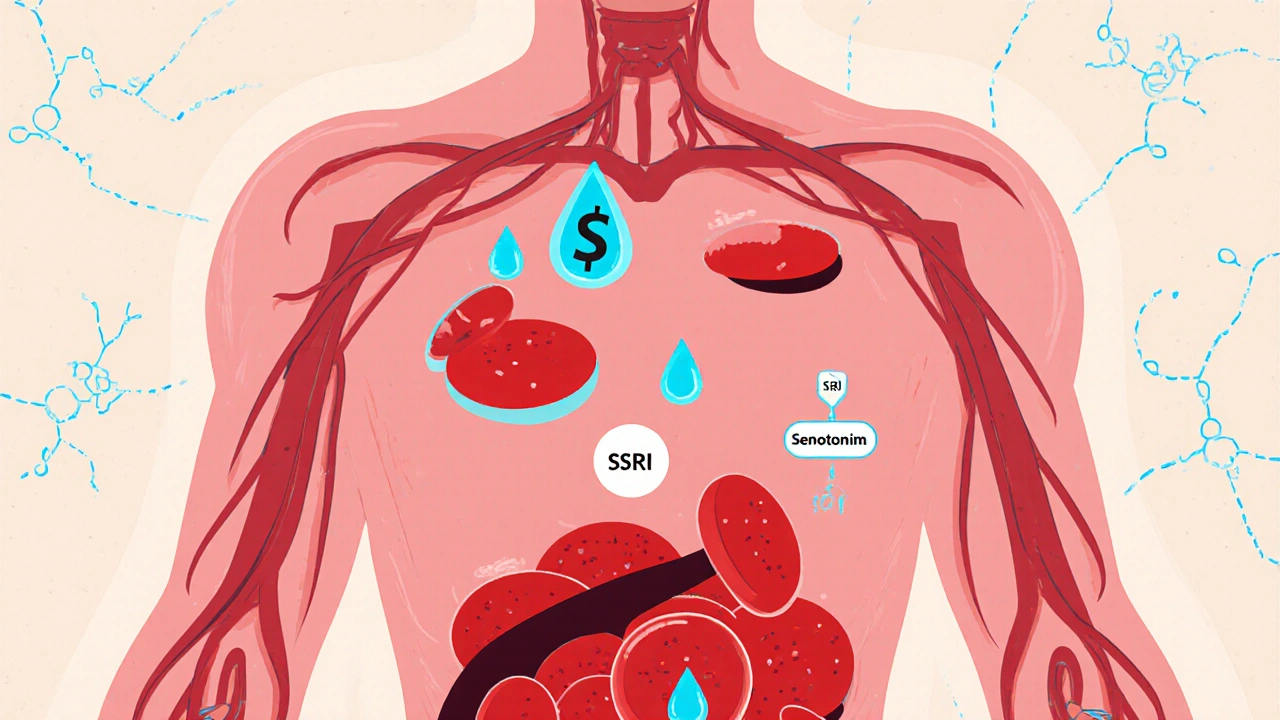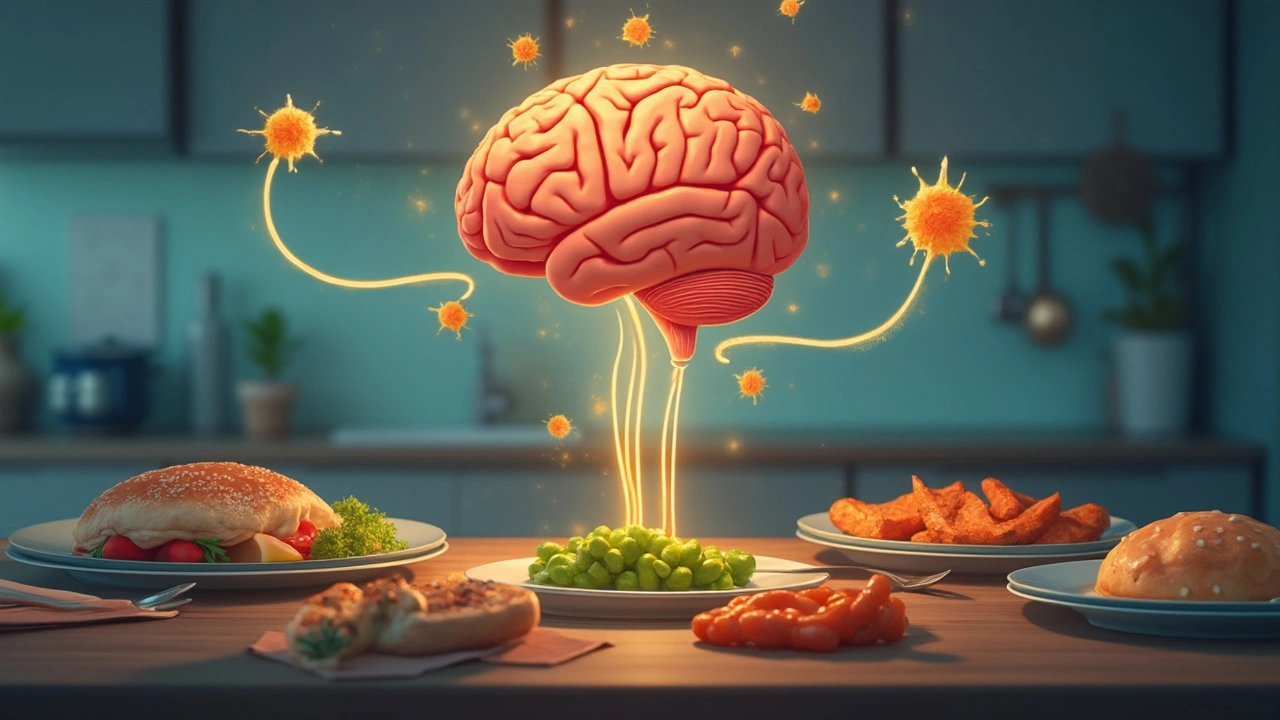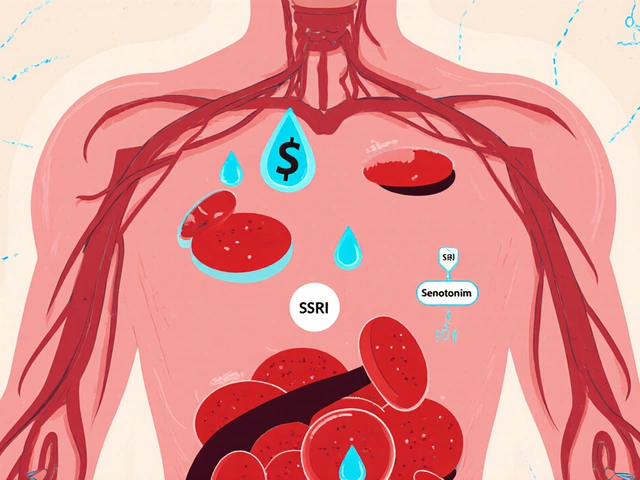Serotonin: What It Is and Why It Matters
Have you ever wondered why some days you feel on top of the world and other days you’re just off? A big part of that mood swing comes down to a chemical in your brain called serotonin. It’s not some magic pill, but this natural messenger plays a huge role in how you feel, whether you sleep well, and even how your digestive system works.
Why Serotonin Is So Important
Serotonin isn’t just about feeling happy; it’s a key player in balancing mood, managing anxiety, and helping you stay calm. When your serotonin levels dip, you might notice mood drops, trouble sleeping, or even increased stress. The brain makes serotonin from a building block called tryptophan, which you get from foods like eggs, cheese, nuts, and tofu.
On top of mood, serotonin helps regulate appetite and digestion. It even has a hand in controlling blood clotting and bone health. So when serotonin’s out of whack, it’s not just feelings that get affected — your body systems can feel it, too.
How to Keep Your Serotonin Balanced
The good news is you don’t have to just hope for a chemical balance. Small lifestyle choices can boost or maintain healthy serotonin levels. Regular exercise is one of the easiest and most effective ways to do this—it naturally lifts serotonin and helps with stress relief. Getting enough sunlight also boosts serotonin production, which is why some people feel down during darker months.
Good sleep habits matter, too, because serotonin links closely to sleep cycles. Eating a balanced diet with enough tryptophan-rich foods gives your brain the materials it needs to keep serotonin production steady. If mood struggles persist, talk to a healthcare professional who might suggest therapies or medications that target serotonin pathways, but lifestyle steps are a strong first line of defense.
In the end, understanding serotonin helps you see why your feelings, energy, and even digestion connect. Paying attention to simple daily habits can make a noticeable difference in how your body balances this important chemical.

Bleeding Risk from SSRIs: How Platelet Dysfunction Increases Bleeding Danger
SSRIs can increase bleeding risk by reducing serotonin in platelets, impairing clotting. Paroxetine poses the highest risk; sertraline is safer. Learn who's most vulnerable and how to manage this hidden side effect.
View More
Serotonin, SSRIs, and Appetite: How Brain Chemistry Impacts Hunger
This article unpacks the science behind how SSRIs—commonly prescribed antidepressants—affect your appetite by influencing key hormones like ghrelin and leptin. It explores the close link between serotonin levels in the brain and feelings of hunger or fullness, giving a practical look at why some people notice weight or appetite changes on SSRIs. Learn what researchers really know, what to expect, and simple tips for managing satiety while taking these medications.
View More




